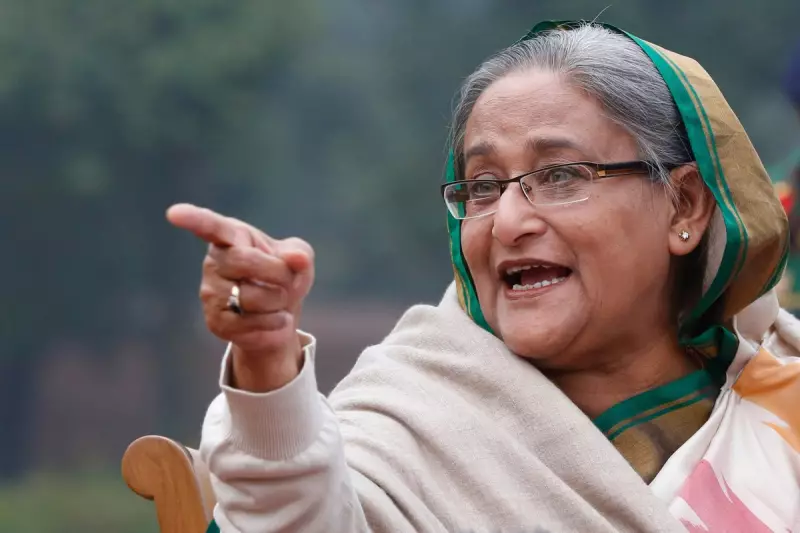
A Bangladesh court has delivered a seismic verdict, sentencing the country's ousted prime minister, Sheikh Hasina, to death for crimes against humanity. The ruling marks a dramatic fall from grace for a leader who dominated the nation's politics for 15 years.
A Dramatic Verdict and a Nation on Edge
The International Crimes Tribunal, a domestic war crimes court in Dhaka, announced its decision on 17 November 2025. The court found Hasina guilty of ordering a lethal crackdown on a student-led uprising the previous year. In a session held under tight security and without the former leader present, the tribunal handed down a life sentence for crimes against humanity and a death sentence for the killings of several individuals during the unrest. The pronouncement of the death penalty was met with cheers and applause in the courtroom.
The verdict arrives just months before parliamentary elections, expected in early February, in which Hasina's Awami League party has been barred from participating. There are widespread fears that the court's decision could ignite further violence in the already volatile nation in the lead-up to the vote. The defence has the right to appeal the verdict in the Supreme Court.
The Unrest That Toppled a Leader
The chain of events leading to this historic ruling began in August 2024, when the 76-year-old leader fled the country. This followed protesters storming her residence, demanding her resignation. Hasina reportedly transferred power to the military before departing by helicopter to India, a key ally, bringing her iron-fisted rule to an ignominious close.
The nation of 160 million people was plunged into turmoil in late June when Hasina's government initiated a severe crackdown on student protesters. The demonstrations were initially focused on a contentious quota system for government jobs. The state's response resulted in dozens of protester deaths, numerous injuries, and thousands of arrests.
Although protests subsided temporarily after the Supreme Court reduced the jobs quota for veterans' relatives, they erupted with renewed ferocity more recently. A single day of clashes on a Sunday saw at least 95 people killed, pushing the total death toll from the demonstrations to over 300.
A Legacy of Authoritarian Rule
Sheikh Hasina's political career was deeply shaped by trauma. She came to power in 1996, proudly bearing her status as the daughter of Bangladesh's founding father, Sheikh Mujib Rahman. He was assassinated along with 18 family members in a military coup almost 50 years ago. Experts note that Hasina effectively weaponised this personal tragedy throughout her political life.
After returning to power in 2009, she systematically tightened her grip on the country. Her administration was widely accused of muzzling dissent, engaging in extrajudicial killings, curtailing press freedom, and suppressing civil society. Her Awami League party secured victories in the 2014 and 2018 elections, which were boycotted by opposition parties over rigging allegations and were deemed by observers as lacking credibility.
Ahead of the national election in January this year, her government allegedly arrested nearly 20,000 workers of the main opposition, the Bangladesh Nationalist Party. Human rights groups consistently criticised her regime for forcibly disappearing critics and using draconian laws to jail journalists and opposition figures, creating a chequered human rights record that ultimately contributed to her downfall.





